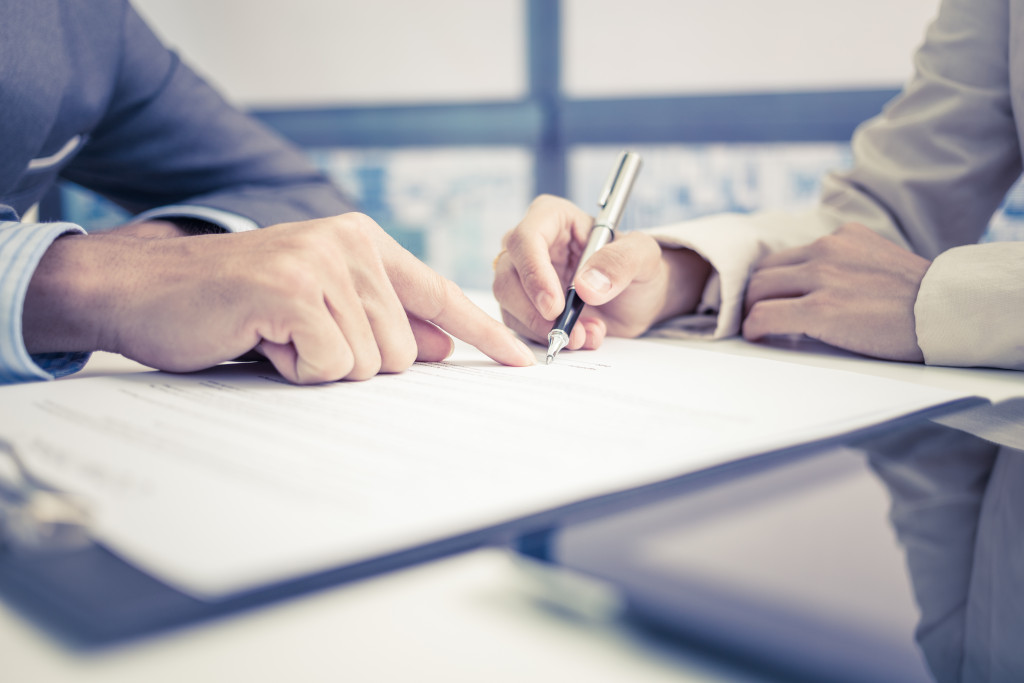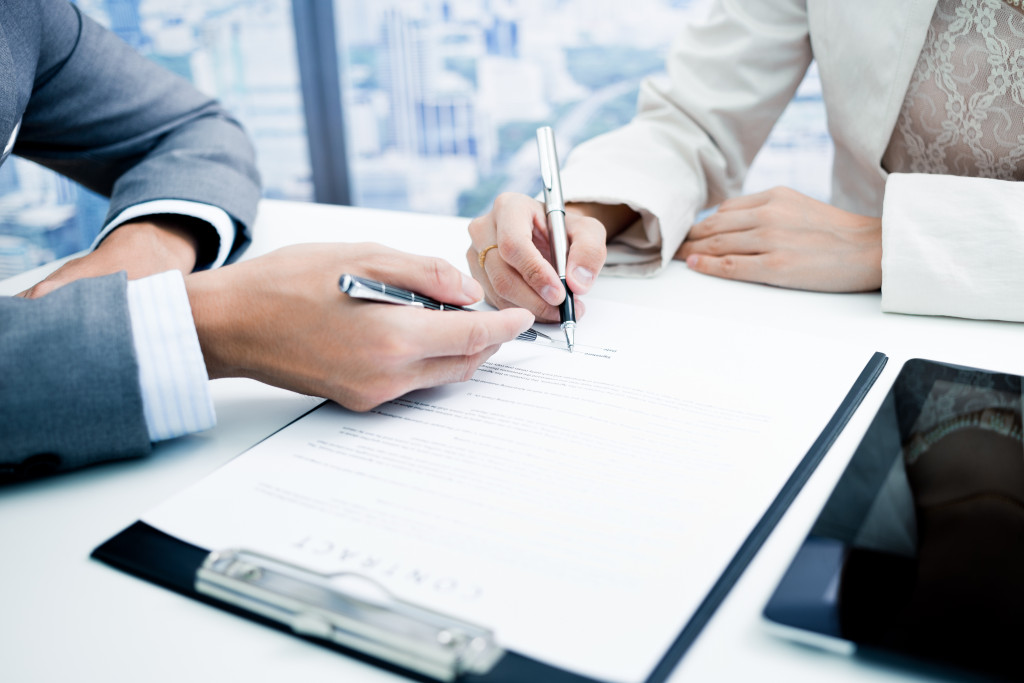Keeping customers and employees safe is an aspect of owning a business. However, accidents can still happen despite your best efforts to implement safety measures. If you’re responsible for the accident, you’ll be paying for repairs, medical bills, and more, which can quickly add up. One of the most common accidents is slips and falls, but they’re just at the shallow ends of the problem.
Other incidents can fall under premises liability, including an employee injuring another person, an accident involving company equipment or vehicles, or chemical spills. One key to avoiding such accidents is to determine and eliminate the dangers. It’ll also help regularly inspect your workspace, equipment, and vehicles.
You’ll have to check their components for your cars, especially the windows. Using window film will hold broken or damaged glass together if your driver gets involved in an accident with another vehicle; hence, preventing shards from flying around.
Inspect Your Workspace Regularly
Inspecting your establishment regularly is one of the easiest means of minimizing the risks of property damage and physical injuries. It’ll also help you look for potential threats that require immediate action. You can schedule the inspections at regular intervals, like monthly or weekly; however, you should also conduct irregular checks.
It’ll help you check what your office looks like without being cleaned up a day before.
Document Repairs and Inspections
It’s also best to keep track of your incident investigations, repairs, and inspections. That will help you track recurring incidents and identify the areas with the highest potential for risks. Following quality control policies where managers or employees can check each other’s work will prevent accidents and mistakes.
It’ll also ensure that everyone is following your expectations. It’s easy for one person to misunderstand instructions, and you want to prevent future accidents before they can turn into an expensive liability or lawsuit.

Inform Customers of Future Harms
If your business is in a high-risk industry, you might want to ask customers to read the warning signs of inherent risks and sign waivers. Be mindful that state laws will have their requirements for such documents and whether or not you can implement them in your establishment.
You should also remember that high-risk markets will likely have a higher small business insurance premium.
Get an Adequate Insurance Policy
Liability claims are expensive. Getting adequate general liability insurance will cover the medical bills for an injured individual at your workplace or establishment. It’ll also provide you with a means to defend yourself legally if the victim decides to file a lawsuit.
Your liability insurance can also pay for the replacements or repairs in the office to repair the areas that you accidentally damaged.
Inform the Team of Potential Risks
Train your employees to be proactive. If one sees a potential danger, they have to report it immediately. If you can’t address the situation directly, you’ll have to post warning signs to warn customers and employees of the potential threats. One good example is using a sign if your team has recently mopped the floors.
Maintain Your Equipment or Tools
Maintaining your equipment and tools is another aspect that will keep employees and customers safe. If you ignore damaged or broken-down equipment, it’ll put your team at a greater risk. Make it a routine to clean equipment and tools regularly and constantly check their performance to ensure their working correctly and safely.
Immediately Clean Up Any Spills
You’ll also have to immediately clean up spills. That’s because customers can still slip on them, especially if it’s in a crowded place and their minds are wandering. If someone gets hurt, falls, or slips due to such problems, your company will be responsible for that.
Many will think that your employees are being negligent, which caused their injuries in the first place. Lessen the threats of spills by cleaning them up immediately.
Only Work With Insured Vendors
Your third-party partner can also file a liability claim against your company. Usually, it can refer to both vendors and customers. Your business should only work with insured suppliers and vendors. Hiring insured vendors will help reduce the chances of facing a lawsuit against your general liability insurance coverage.
That’s because there might be lesser chances of them suing your business for rightful compensation. Implement that practice and ask for proof of insurance from the people you want to work with. Your company’s vendors shouldn’t have a problem providing you with copies of their policies or certificates of insurance.
Even if you follow these safety measures, your business will not be completely safe from a general liability lawsuit or claim. Ensure your business has credible insurance coverage in place if an accident happens.



